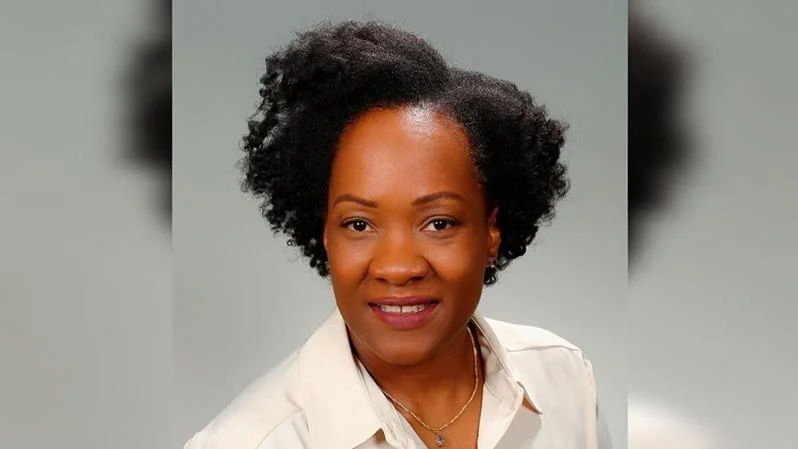
The Trump administration's recent move to increase the cost of H-1B visas for skilled foreign workers to $100,000 is drawing mixed reactions from academics and labor market observers. While the policy aims to encourage the hiring of U.S. workers by making it more expensive for companies to employ talent from abroad, some experts believe it may have unintended consequences.
Some researchers suggest that raising the price of these visas could prompt employers to seek remote overseas workers rather than hire domestically. This shift might not benefit the U.S. job market as intended.
Ronil Hira, an associate professor at Howard University, holds a different view. He notes that other changes introduced by the Trump administration—such as increased efforts to ensure compliance with H-1B rules—could lead to improvements in skills, wages, and working conditions for those in the program. "That would ultimately be a win for the US economy and its workers," said Hira.
Hal Salzman, a professor at Rutgers University's Edward J. Bloustein School of Planning and Public Policy, points out that salaries have remained stagnant for about 20 years in sectors where guest workers are prevalent. Salzman does not anticipate that tighter restrictions on H-1B visas will result in widespread offshoring of IT jobs by American companies. "If they could have done it, they would have done it 20 years ago," he told Business Insider.
Salzman adds that many offshore IT firms have actually grown their U.S.-based workforce over time. He explains that operational requirements often necessitate keeping about one-third of staff in the United States, limiting how much work can be sent abroad.